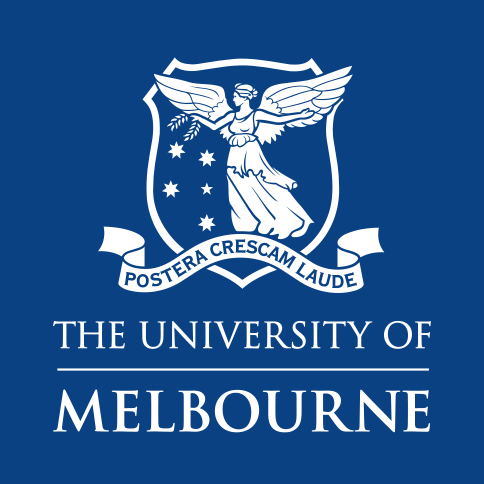Saliva Proteomics for the Diagnosis and Prognosis of Posttraumatic Stress Disorder (PTSD): Utilising the Advantage of Non-Invasive Sample Collection

Collaborators: Parkin, G., Lau, W., O’Donnell, M., Roebuck, G., Khanna, R., Felmingham, K., Dagley, L., Emery, S., Yousef, J.
Funder: Department of Psychiatry 2024 Early- and Mid-Career Researcher Grant (value of $25,000), supported by The Henry Freeman Trust
Key links
For more information and to participate, visit Phoenix Australia’s study landing page.
Abstract
This study aims to investigate whether there are biomarkers of posttraumatic stress disorder (PTSD) in saliva.
Blood tests are commonly used in clinical practice and research has shown that levels of certain proteins in the blood differ between individuals with and without PTSD. Saliva is much easier to collect than blood, without the need for a phlebotomist or needles, and can be collected in a clinic, at home or in the community. These advantages make saliva an attractive target for exploring PTSD biomarkers.
By analysing protein levels in saliva, this study aims to investigate whether specific proteins, biological pathways or systems are involved in the experience of PTSD. Results from this study may help researchers understand why PTSD occurs, as well as plan future research that uses saliva protein markers to predict other aspects of PTSD, such as recovery trajectory, and likely response to treatment.